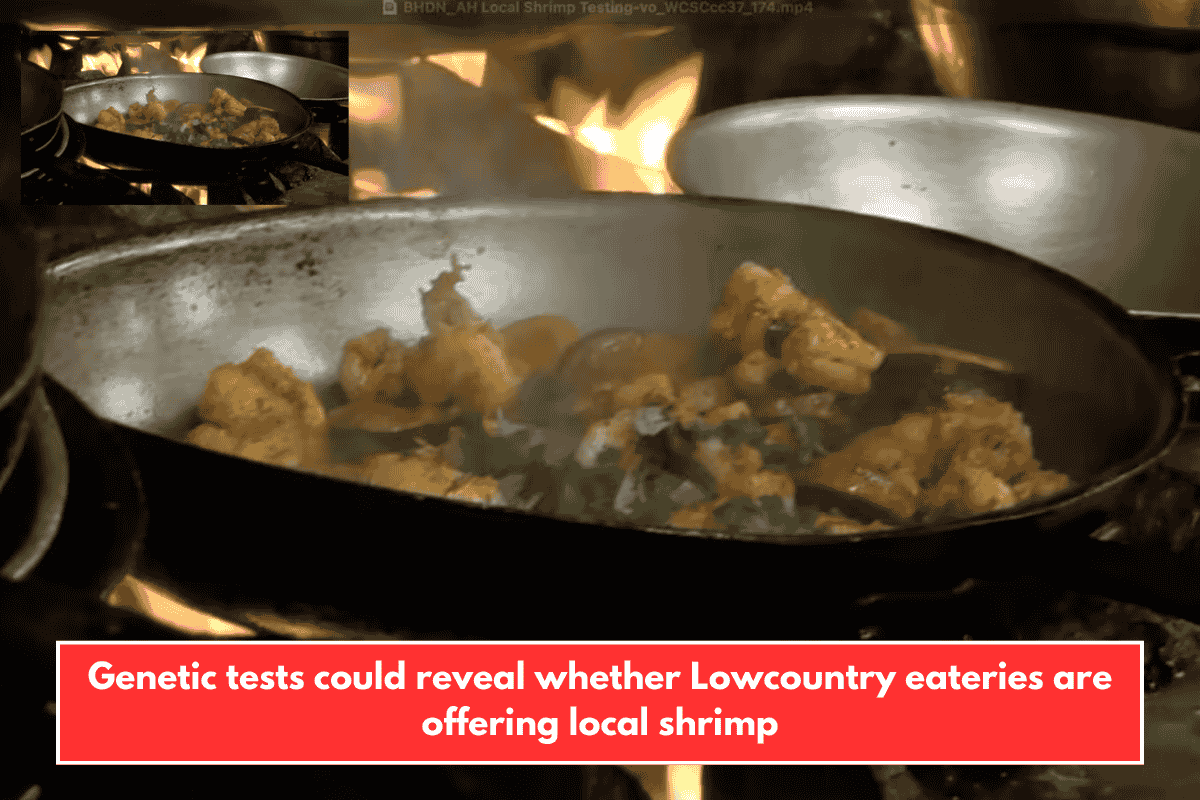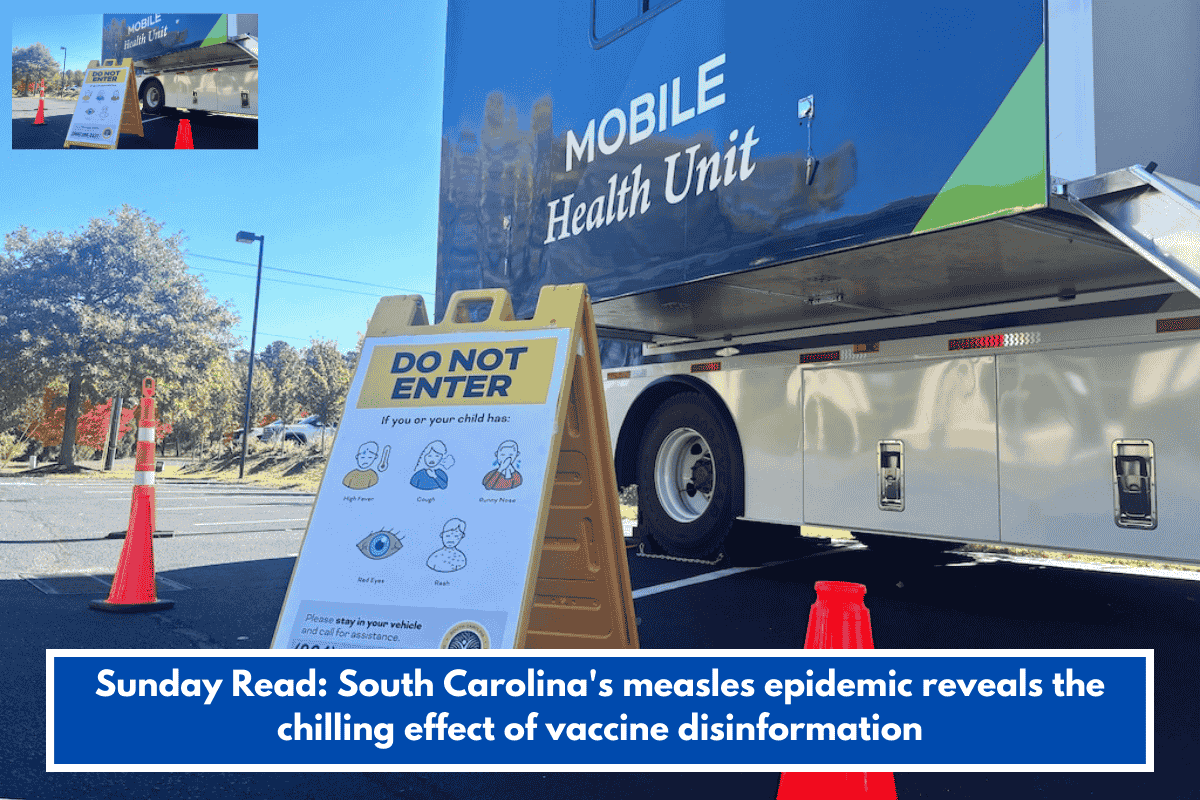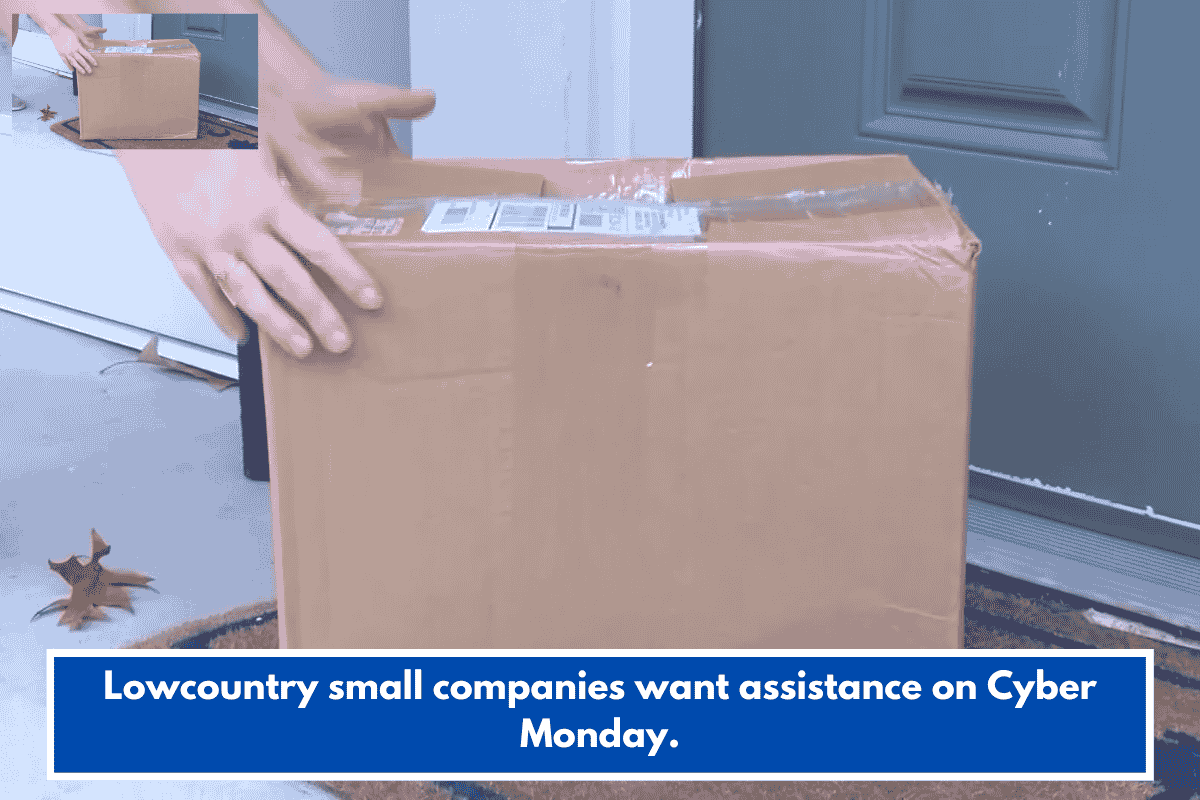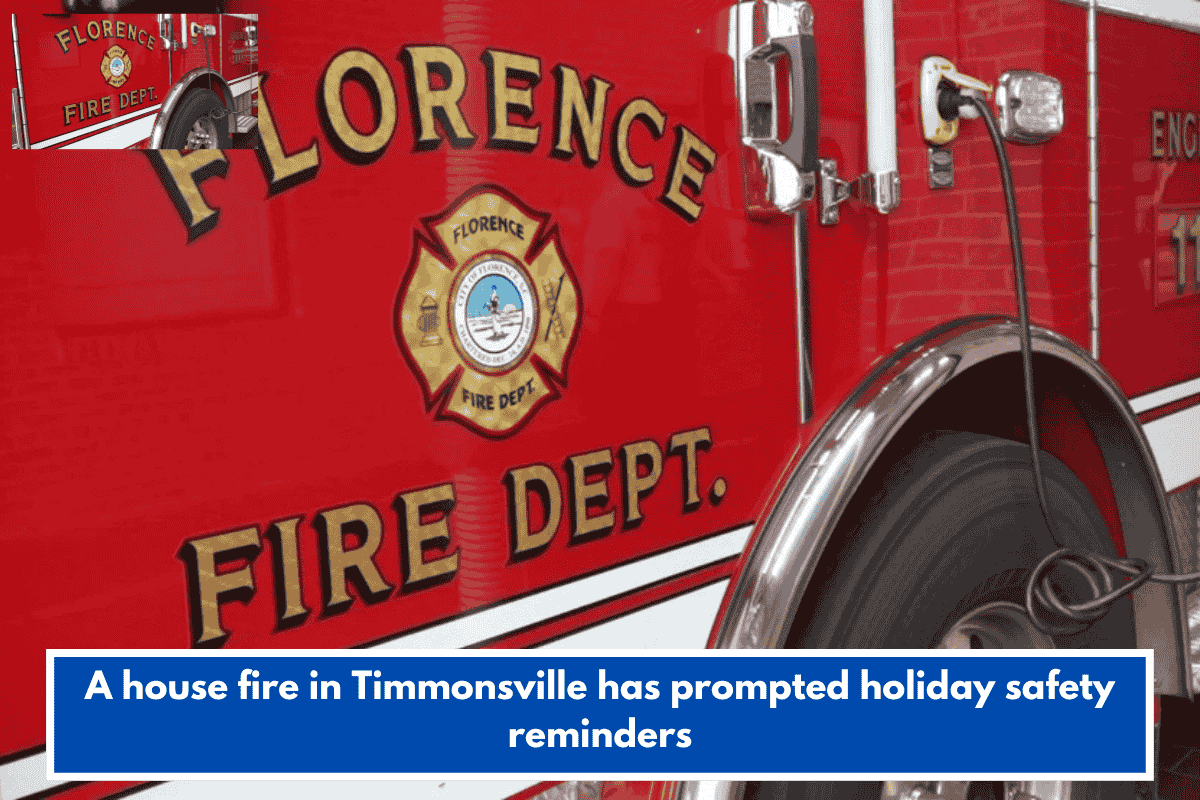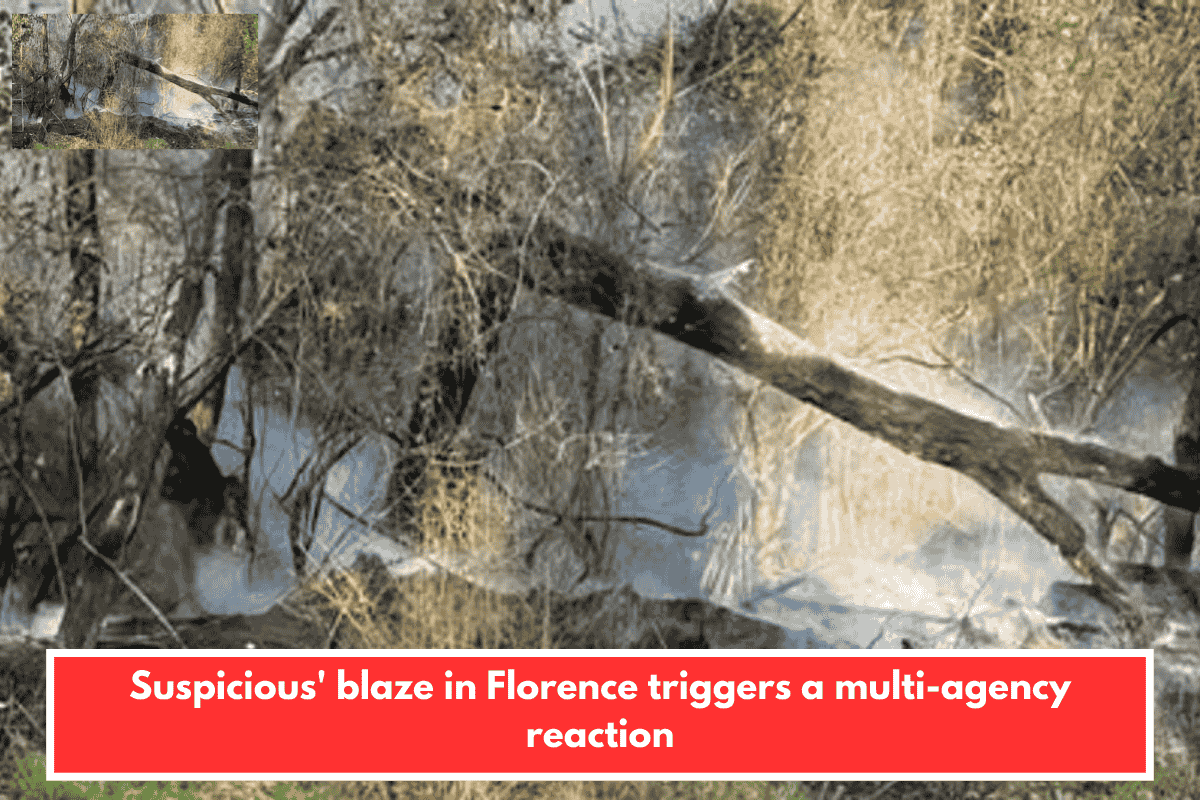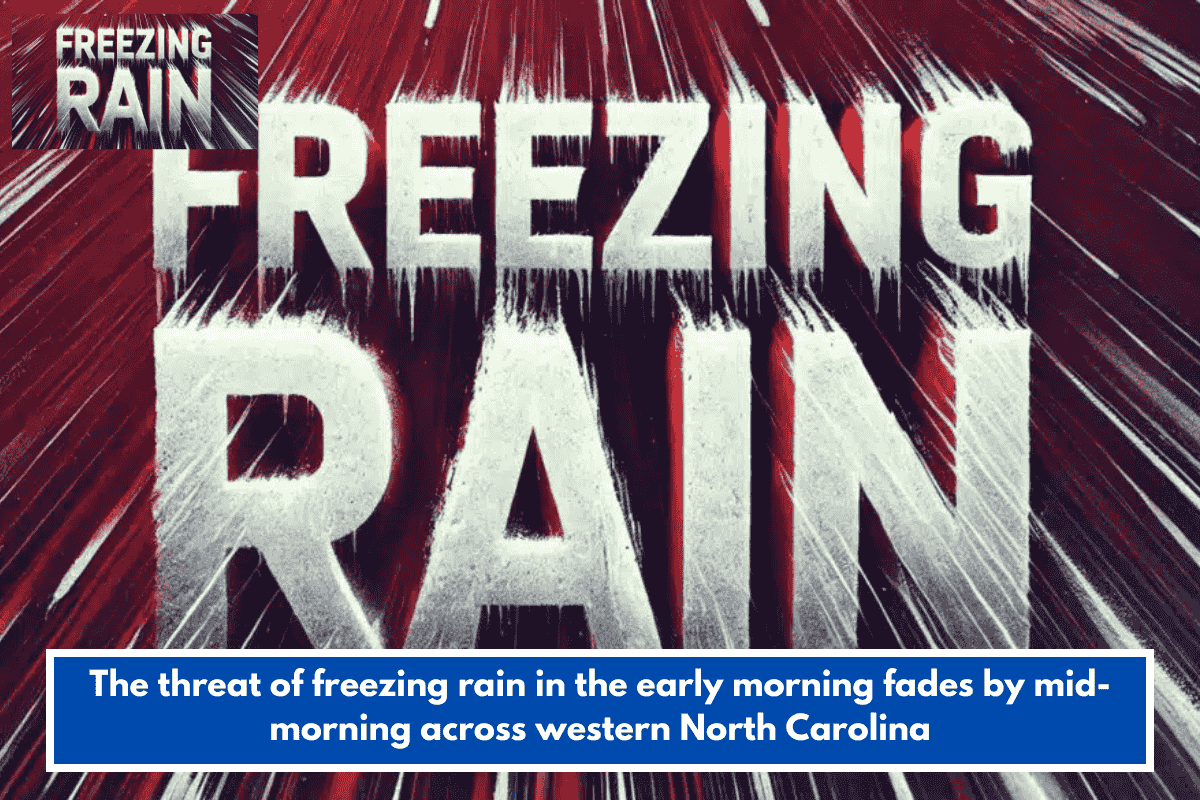McClellanville, S.C. – When you dine at a seafood restaurant along South Carolina’s Lowcountry coast, are you truly eating local shrimp, or is it imported from overseas? A genetic testing company is now working to uncover the truth.
SeaD Consulting, founded by Erin Williams, is carrying out tests at 44 seafood restaurants around the Charleston area and nearby beaches to determine whether restaurants that claim to serve local wild-caught shrimp are actually being honest.
For Williams, a descendant of a shrimping family, this project is personal.
“Any level of fraud at this level is a detriment to our industry,” she said.
The Testing Process: How It Works
SeaD Consulting uses a unique rapid test system called RIGHTTest to analyse shrimp samples collected from restaurants.
Here’s how it works:
- A small tissue sample is taken from the shrimp using a toothpick.
- The sample is placed into a ribonucleic acid (RNA) testing solution.
- The test takes about two hours to return a result.
- If the test is positive, the shrimp is not from local waters.
Each test result is recorded and logged in a data report for accuracy and transparency.
What the Tests Are Revealing So Far
So far, two restaurants have already admitted that their shrimp is not locally sourced, though testing is ongoing to verify the claims.
One of the restaurants tested was Acme Lowcountry Kitchen on Isle of Palms, which confirmed their shrimp is wild-caught and American, proudly showing their “Product of U.S.A.” label.
In a previous round of testing in Florida, SeaD Consulting found that only 2 out of 44 restaurants were selling domestic, wild-caught shrimp, raising concerns about nationwide mislabeling.
Why This Matters to Consumers
According to Williams, consumers are being overcharged for dishes labelled as “local” but made with cheap, imported alternatives—sometimes from Asia.
“In many cases, the price of imported shrimp dishes is the same or even higher than the local ones,” she said.
Health concerns, pricing transparency, and trust in the seafood industry are all being affected by this misrepresentation.
Shrimpers Want Transparency
Bryan Jones, Vice President of the South Carolina Shrimpers Association, says this is not just about seafood—it’s about supporting local families and industries.
“People don’t realise they might be eating the same shrimp that’s served in a chain restaurant in Ohio,” Jones said.
He added that states like Louisiana have stricter labelling laws, and he believes South Carolina should follow suit.
“People should be able to make informed decisions. If it’s imported, they have the right to know,” he said.
SeaD’s testing has already uncovered early signs of mislabeling in Lowcountry seafood restaurants, and the final results are expected by June 10. Until then, consumers are encouraged to ask restaurants where their shrimp comes from—and not just take the menu’s word for it. With local shrimping families depending on transparency, this research could be a game-changer for both consumers and the local seafood industry.

